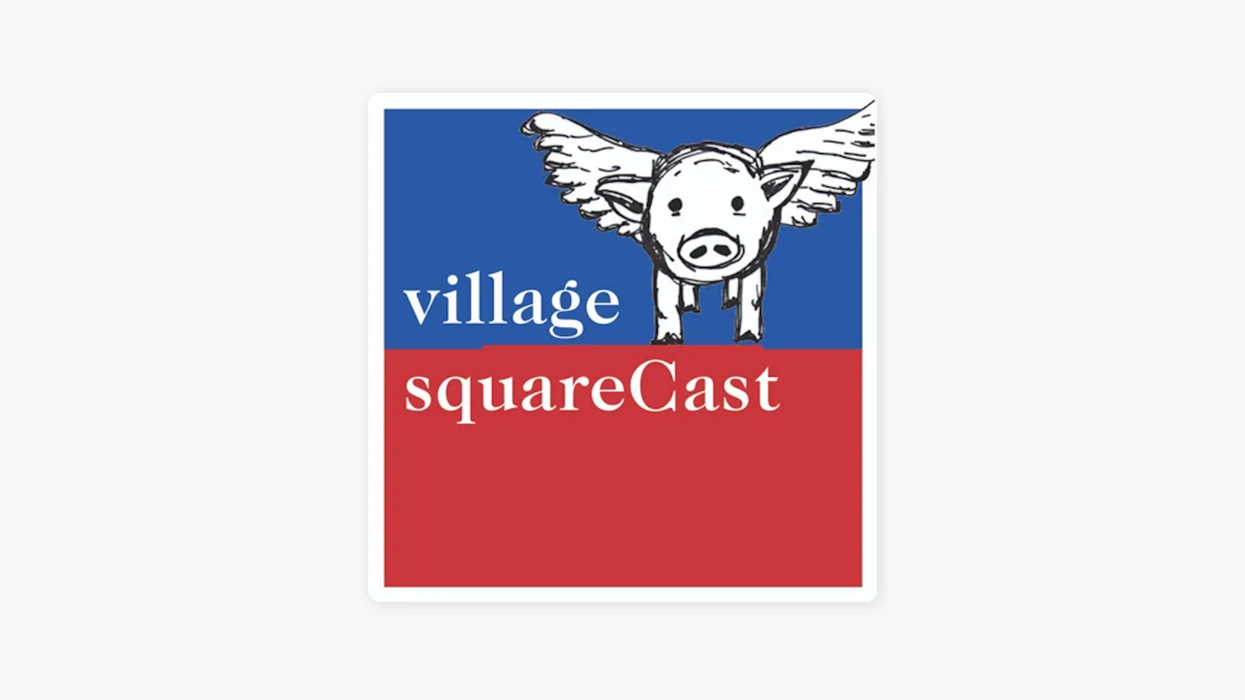This special edition of Village SquareCast features an episode from Jenna Spinelle’s new podcast, When the People Decide.
When the People Decide is a new eight-episode narrative series on ballot initiatives that tells the stories of activists, legislators, academics, and average citizens who changed their cities, states, and the country by taking important issues directly to voters.
This first episode of When the People Decide tells the story of a campaign in Michigan to end partisan gerrymandering in 2018 and shows how it is part of a legacy of ballot initiatives dating back to the 1800s.
After becoming disillusioned with the results of the 2016 election, Katie Fahey took to Facebook to gauge the interest of grassroots mobilization amongst her colleagues, friends and family. Now the executive director of a nonpartisan voter reform organization, Fahey shares how the ballot initiative excited everyday people about becoming active in politics, including its 10,000 volunteers, and how they were inspired to make political changes in their communities.
We also hear from historian Steven Piott about the unlikely origin of the initiative and referendum in the United States at the turn of the 20th century. Village SquareCast is part of The Democracy Group.




















Marco Rubio is the only adult left in the room